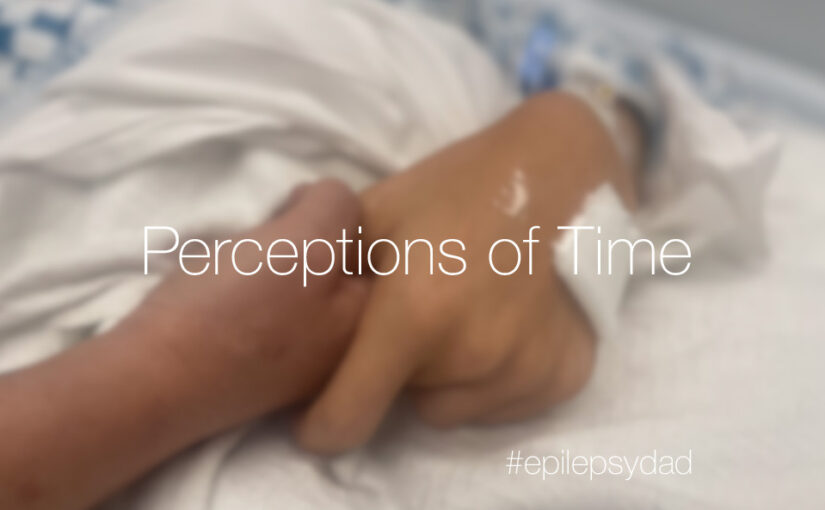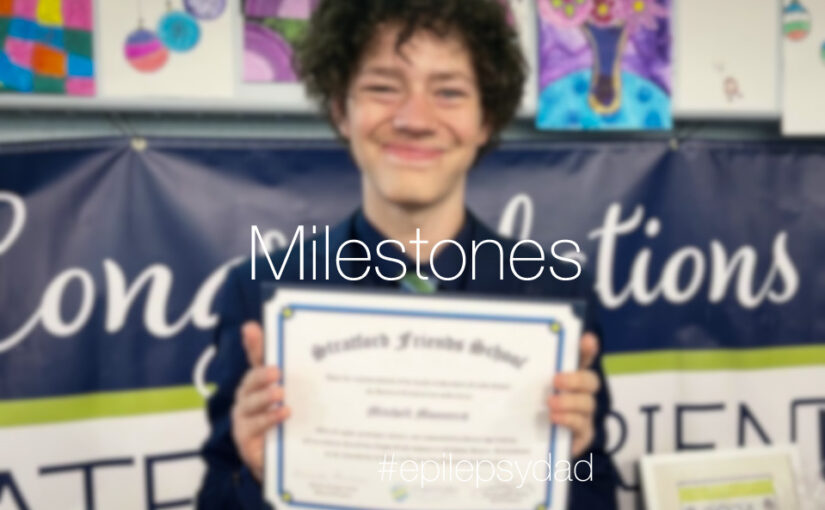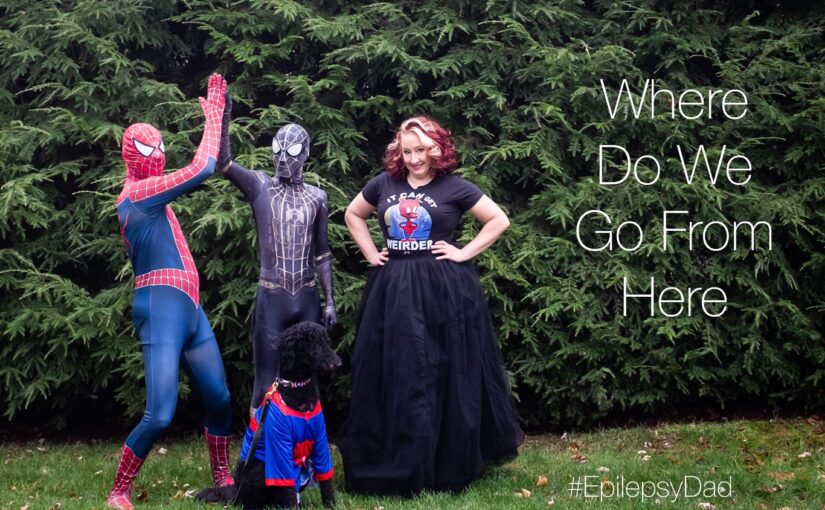A nurse led us into the recovery room, where the first thing that struck me was the stark change in my son’s appearance. His familiar Bryce Harper haircut had been replaced by a closely shaved head, but it wasn’t just the missing hair. As we rounded the bed, my wife and I froze. There, across our son’s skull, were the sutured incisions, and beneath the skin, the faint, raised outlines of the leads that connected deep into his brain, extending down to the generator implanted in his chest.
We both gasped, instinctively reaching out, trying to bridge the chasm between shock and reassurance.
I don’t know what I was expecting. Maybe nothing could have prepared me for the reality of seeing those physical marks—a visceral reminder of just how serious his condition is. It was more than jarring. It was a harsh collision with the truth that no matter how much we try to normalize life, this—his reality—is never far away.
Seeing him reminded me of the last time he was in a recovery room after having his VNS implanted. The visible signs of that surgery were less intense. However, it was still our little boy sleeping on a bed in front of us who had, only hours earlier, been sedated and opened up on an operating room table, then carefully stitched back up after inserting a few extra parts.
The DBS and the VNS were only two of the many procedures that our son has had at this hospital, the same hospital that saved his life and the same hospital that continues to look for ways to improve it. He’s had almost every type of scan, given gallons of blood, taken piles of pills, received tons of therapy, and otherwise been poked, prodded, and tested in every way possible.
After he woke up, he was moved to the neurology floor, which had been our second home for a long time. Once we settled into his room, a wave of comfort washed away the shock and anxiety of the surgery. With that comfort also came the familiar change in the perception of time.
Time on this floor doesn’t pass the way it does in the outside world. Inside these walls, it feels suspended, each moment stretching out between visits from the doctors, nurses, and support staff. We’d sit on the blue couch that doubled as a bed, gazing through the windows at the city rushing by below. We’d try to fill our time with distractions—phones, TV, bingo—but no amount of distraction makes the intervals between visits any shorter.
Minutes stretched to hours stretched to days as they monitored our son, and we waited our turn for the final scans he needed before we could go home. To our real home, not this second home. To the real world, not this isolated, supportive, comfortable world. To the place where we would now wait, again, for our son to recover and to see if the procedure and the device make a difference.
Looking at the past, at everything that happened to get us to this point, time passed in a flash. In the hospital, in our bubble of comfort and support, time stood still. Looking at the future, waiting for another answer, time stretches out for eternity.


